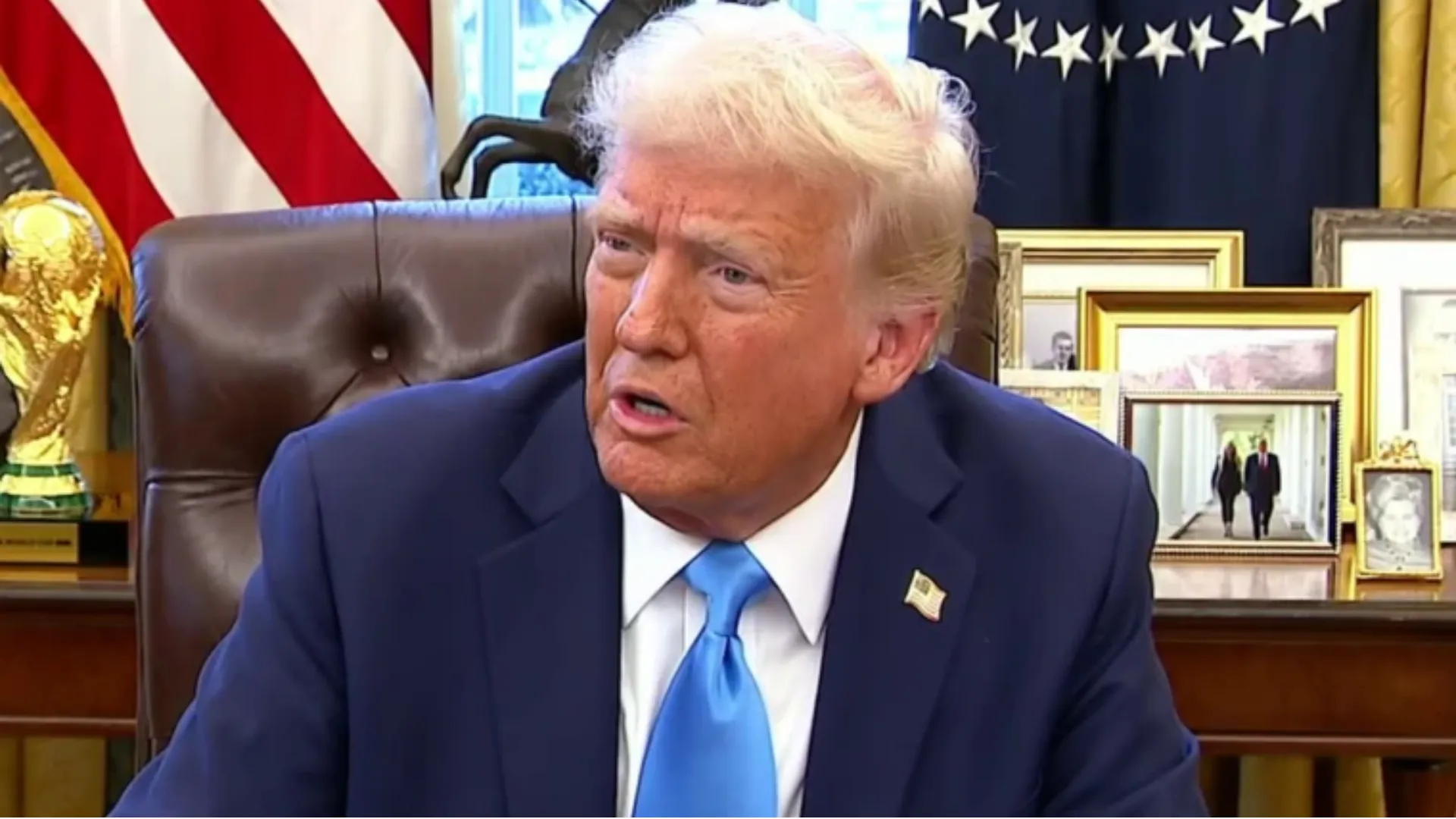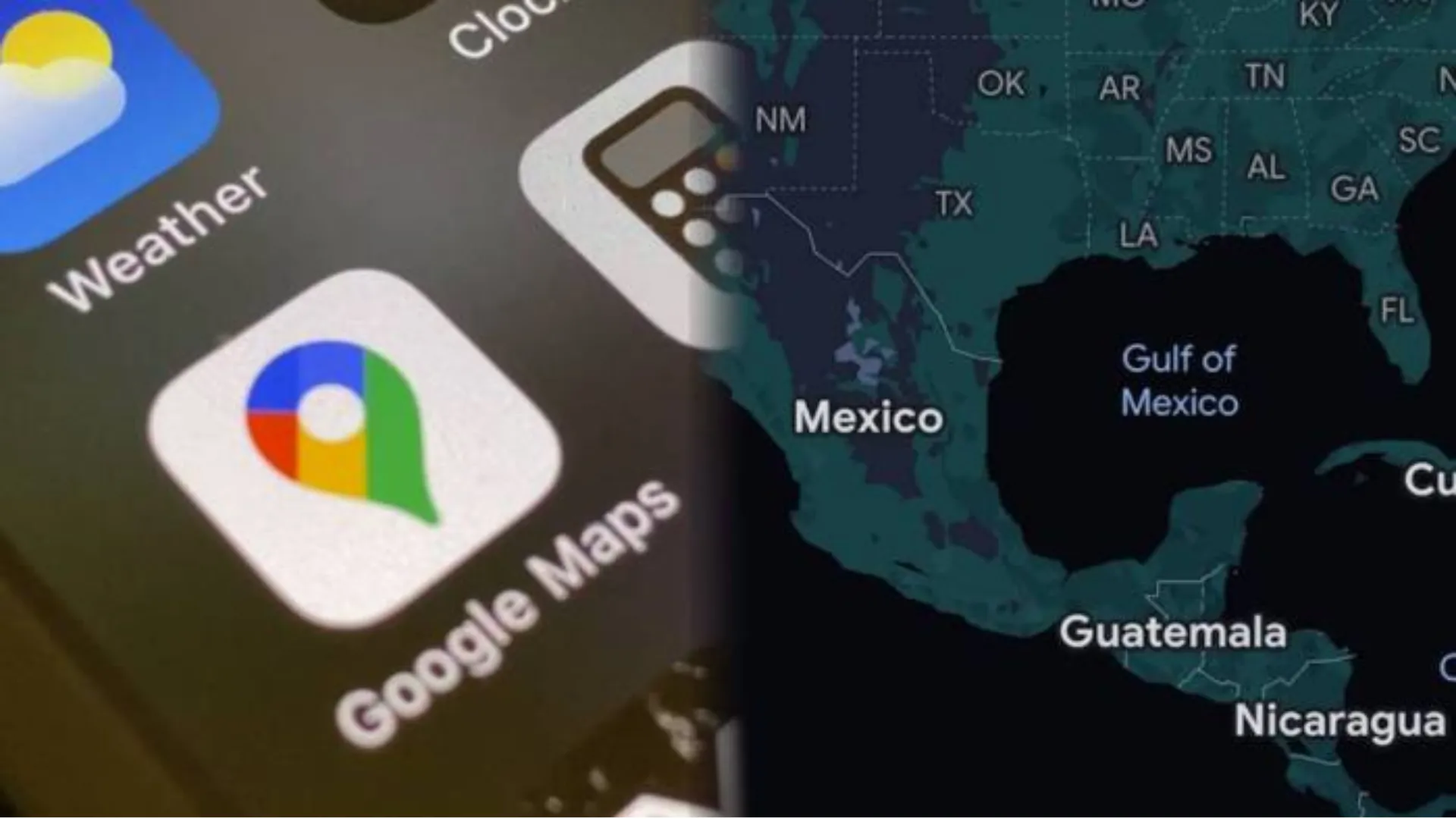
In a legal development that sits at the crossroads of privacy rights, government reform, and executive power, U.S. District Judge Jeanette A. Vargas has partially rolled back a previous ruling that had blocked the Department of Government Efficiency (DOGE)—a hallmark initiative of President Donald Trump’s second term—from accessing sensitive financial data housed within the U.S. Treasury Department.
In a late-Friday decision, Judge Vargas allowed one DOGE official, Ryan Wunderly, to access the data under tightly controlled conditions.
This partial lift marks a significant, if limited, win for the Trump administration and its controversial effort to overhaul federal bureaucracy through what it touts as aggressive “streamlining” measures.
The ruling was not without constraints. Wunderly must complete the same rigorous training required of other Treasury officials who handle sensitive information, including data sets that contain Social Security numbers, banking details, and payment processing history.
He is also required to file a financial disclosure report, in accordance with a revised preliminary injunction issued by the court.
The court’s decision comes in the wake of a broader lawsuit spearheaded by New York Attorney General Letitia James, joined by 18 other Democratic state attorneys general, who argued that DOGE’s access to Treasury records represents a severe breach of privacy, particularly when such access is granted to political appointees and non-career staffers.

The lawsuit and subsequent rulings have placed the Department of Government Efficiency, and its high-profile architect—tech billionaire and senior Trump adviser Elon Musk—squarely in the national spotlight, raising larger questions about the limits of executive authority, the ethics of data access, and the pace of governmental modernization in a polarized political climate.
Established shortly after President Trump began his second term, the Department of Government Efficiency (DOGE) was tasked with reimagining the machinery of the federal government.
According to its founding charter, DOGE’s mandate is to cut bureaucratic waste, eliminate redundancy, and implement data-driven systems to increase responsiveness and cost-efficiency.
Musk, who was controversially appointed as DOGE’s chief adviser without Senate confirmation, has framed the project as a “Silicon Valley fix for a Washington disease.”
His allies argue that the decades-old payment systems at the Treasury Department—many of which rely on outdated software and manual verification processes—are ripe for overhaul.
In defense of DOGE’s ambitions, Musk and Trump officials have pointed to widespread inefficiencies in the disbursement of federal benefits, contractor payments, and tax refunds, calling DOGE’s access to the data essential to auditing existing workflows and building new infrastructure.
However, critics argue that modernization cannot come at the expense of civil liberties, data privacy, and proper oversight.

In February, New York AG Letitia James filed a high-profile lawsuit against the Trump administration, asserting that DOGE’s attempted access to sensitive Treasury data violated individual privacy rights and federal data protection laws.
The lawsuit pointed specifically to the unvetted nature of DOGE’s staff, several of whom were political appointees or special government employees—a category that includes Elon Musk.
“Access to Social Security numbers and banking information is not something that should be casually or politically granted,” James said in a statement following the filing.
“This is about protecting the rights of millions of Americans from an administration that sees transparency and ethics as optional.”
The plaintiffs argued that career officials, who undergo extensive background checks, conflict-of-interest disclosures, and compliance training, should be the only individuals permitted to handle such sensitive data—not appointees whose loyalty may lie more with political ideology than institutional integrity.
At the heart of the legal battle was a ban issued by U.S. District Judge Paul Engelmayer, which prohibited DOGE political appointees—including Musk—from accessing Treasury records until further review.
That ruling explicitly exempted Senate-confirmed Treasury officials such as Secretary Scott Bessent.

Judge Vargas’s latest ruling represents a partial compromise in a contentious and still-unfolding legal drama.
By allowing Ryan Wunderly, a DOGE staffer and former management consultant, to access Treasury data under certain conditions, the court acknowledged the importance of balancing modernization efforts with privacy protections.
Wunderly, who has completed required training and will submit financial disclosures, is described by the Trump administration as “critical to the Treasury DOGE Team’s efforts.”
Wunderly was appointed to replace Marko Elez, another DOGE staffer who had been granted temporary access before stepping down amid a controversy over racist social media posts.
After a brief resignation, Elez was reinstated by the administration—a move that further strained trust between DOGE and critics who see the department as politically compromised.
The DOJ had pressed for a complete lifting of the access ban, but Judge Vargas stopped short, reiterating in her opinion that the Supreme Court’s principles of privacy and administrative fairness remain intact.
“The court must weigh the government’s stated needs against the public’s right to privacy and the requirement for accountability,” Vargas wrote. “Limited, supervised access does not equate to a carte blanche.”
The inclusion of Elon Musk in the center of DOGE’s operations has drawn both intrigue and ire.
Musk’s supporters within the administration claim his tech expertise and disruptive mindset are exactly what the federal government needs to break free from its inertia.

His critics, however, worry about the conflict of interest posed by a tech mogul with ongoing business before the federal government—especially given that some of Musk’s companies, including SpaceX and Neuralink, receive government contracts or regulatory scrutiny.
Judge Engelmayer’s initial ruling barring Musk from data access was, in part, a response to concerns about ethical transparency and the unprecedented nature of his advisory role.
While Musk himself has defended DOGE’s mission as one of “tech-forward patriotism,” watchdog groups have expressed concerns about a de facto privatization of public administration.
“The line between advisor and operator has been blurred,” said John Haight, a policy analyst at the Brennan Center for Justice.
“When you have billionaires functioning as policymakers without Senate confirmation, democracy is being circumvented in ways the Founders never imagined.”
The legal dispute over DOGE’s access to Treasury data is already becoming a talking point ahead of the 2026 midterms.
Democratic lawmakers have seized on the controversy as evidence of the Trump administration’s disregard for institutional norms and abuse of executive power.
“This administration believes it can ignore Congress, override court orders, and rewire the federal government to suit its ideology,” said Sen. Alex Padilla (D-CA) in a floor speech on Saturday. “The fight over DOGE is not just about data—it’s about democracy.”

Republicans, for their part, have largely defended DOGE, arguing that the resistance to its reforms is being driven by deep-state bureaucrats and liberal state attorneys general more concerned with politics than efficiency.
“Let’s be honest—this lawsuit is about protecting fiefdoms, not people,” said Rep. Lauren Boebert (R-CO). “The left would rather preserve their red tape than let someone like Musk clean up the mess.”
For now, the ruling by Judge Vargas establishes a tenuous middle ground, allowing limited DOGE participation in Treasury operations while preserving the core of the court’s earlier privacy protections.
However, with the DOJ continuing to press for broader access and the Democratic-led lawsuit still pending a full trial, the situation remains fluid.
Wunderly’s access may serve as a test case for how the federal judiciary balances transparency, efficiency, and privacy in an age of rapid digitization and politicization.
Whether his role paves the way for a wider DOGE footprint or leads to more legal barriers will depend on both his conduct and the political will to enforce accountability.
The court’s handling of DOGE may set a precedent for how future administrations integrate technology and outside advisors into federal governance—and how firmly our institutions uphold privacy and due process.

The story of DOGE and its contested access to Treasury data is emblematic of the broader tensions shaping American governance in the 2020s. At stake are not only questions of administrative efficiency but foundational concerns about transparency, accountability, and democratic norms.
As modernization meets resistance, and as political appointments challenge bureaucratic independence, the path forward is anything but clear.
Whether this moment leads to a reimagining of public service or a dangerous concentration of power will be determined not just in courtrooms—but in the court of public opinion.



